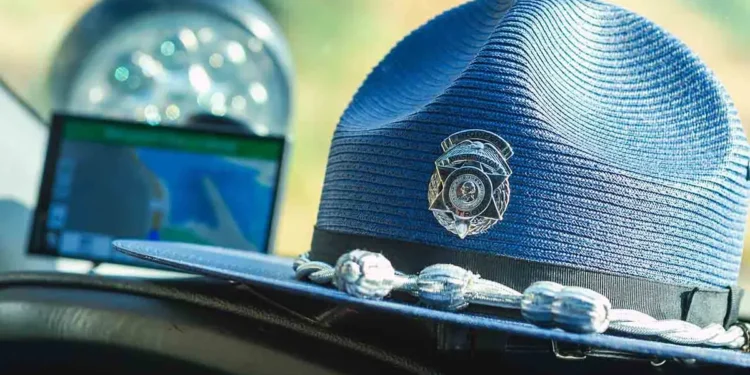Washington State Patrol Trooper Sarah Clasen faces vehicular homicide charges following a March 1st crash that killed 20-year-old Jhoser Sanchez whilst she was driving under the influence.
Clasen was off-duty in her personal vehicle when she collided with Sanchez’s motorcycle whilst making a left turn from State Route 240 into Village Parkway in the Horn Rapids neighbourhood. Laboratory results later revealed her blood alcohol level was .17, more than twice the legal limit.
Body camera footage shows Clasen told investigators she was travelling approximately 20 mph when the collision occurred, claiming Sanchez “rammed into her” and was potentially speeding. However, vehicle damage analysis contradicted her account, indicating her SUV struck the motorcycle on its front right fender.
Police determined Sanchez was travelling 53 mph in a 55 mph zone at the time of impact, within legal speed limits. Despite efforts by Clasen and responding firefighters to save his life, Sanchez was pronounced dead at Kadlec Regional Medical Center.
Investigation revealed Clasen had spent nearly four hours at a local bar with her husband before the crash. She told police she was driving home after collecting pizza when the collision occurred but refused to answer questions about alcohol consumption.
The case highlights challenges when law enforcement officers become subjects of criminal investigations. Benton County prosecutors transferred the case to Spokane County due to conflict of interest concerns, demonstrating protocols designed to ensure impartial handling of cases involving police personnel.
Clasen, a 13-year veteran with Washington State Patrol, served as public information officer for the region between Yakima and Walla Walla. Her role involved communicating with media and public about traffic safety and enforcement activities, creating additional scrutiny given the circumstances of the charges.
The trooper has been on administrative leave since the crash and is scheduled for arraignment later in September. The charges carry potential prison sentences that could end her law enforcement career permanently.
The incident raises broader questions about off-duty conduct expectations for law enforcement officers and the accountability mechanisms when they violate laws they are sworn to enforce. Police officers face the same legal standards as civilians for driving under the influence, though their professional responsibilities create additional ethical considerations.
For the Sanchez family, the criminal charges represent a step toward accountability, though they cannot restore their loss. The case demonstrates that law enforcement personnel are not immune from prosecution when their actions result in tragic consequences.







